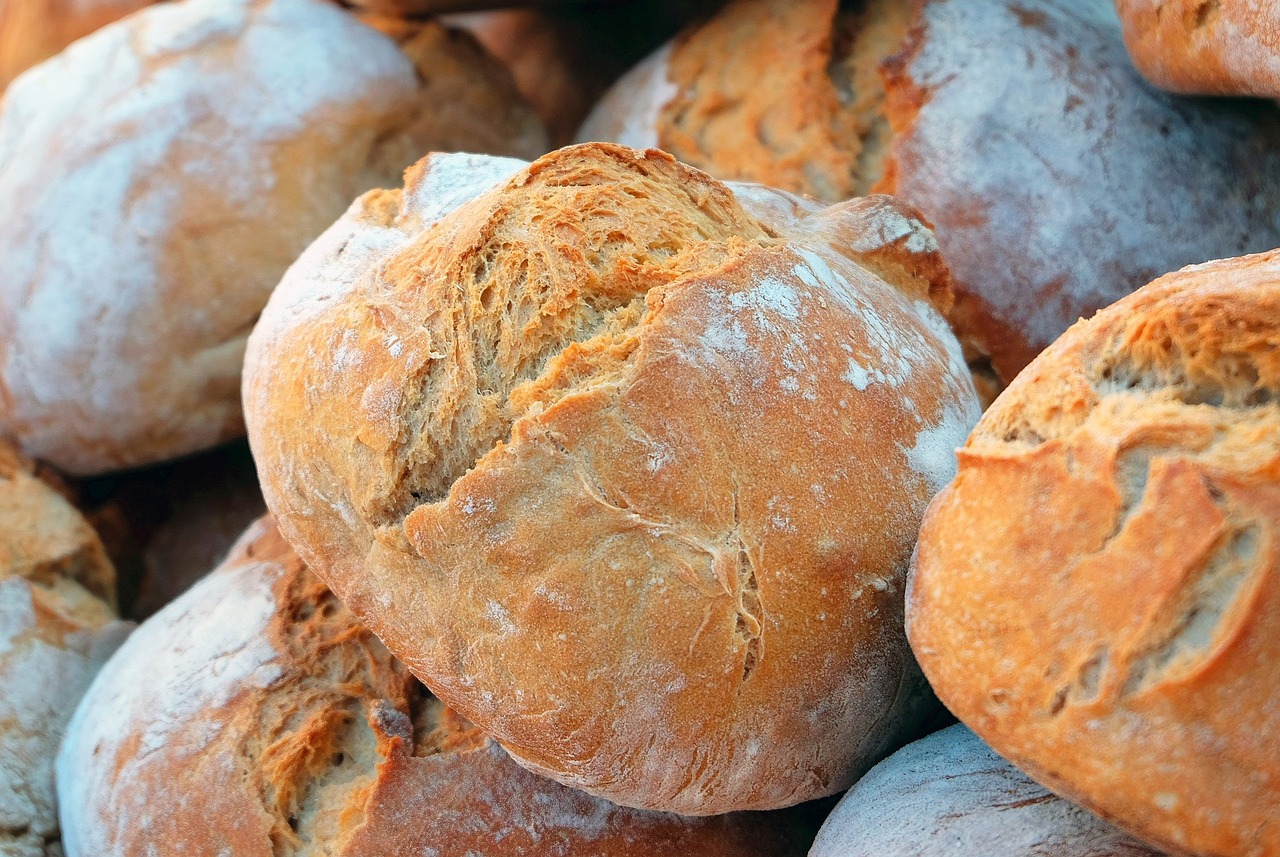Will bread become a luxury? The price will jump by 20% by the end of the year
11 June 22:19
By the end of 2025, bread prices in Ukraine may rise by 20% and a kilogram of bread will cost an average of 48 hryvnias. This was stated by the chairman of the All-Ukrainian Bakers Association (UBA) Oleksandr Taranenko, "Komersant Ukrainian" reports.
He noted that such price dynamics is associated with a whole range of economic, production and regulatory factors. Despite the gradual rise in prices, the situation does not look critical, but it does put a significant burden on the poor.
How much does bread cost now and what will happen next
As of June, the average selling price of bread from a bakery was over UAH 40 per kilogram. The expected 20% increase by the end of 2025 means a price increase to over 48 UAH/kg. In retail, this amount will be even higher, taking into account the margins of chain outlets.
Currently, the selling price of 1 kg of bread from a bakery is just over UAH 40. At the same time, supermarkets’ margins on bread through various marketing mechanisms sometimes reach 30 percent, although by law they should not exceed 10 percent,” said Taranenko.
He emphasized that currently “there are more than three thousand bread producers in Ukraine, of which about two thousand are actively working. Thanks to such competition, price fixing is virtually impossible.”
At the same time, according to the head of the All-Ukrainian Bakers Association, the industry’s profitability is close to zero, as “some bread varieties have a profit margin below zero, which limits the ability to keep prices stable.”
Reasons for the rise in prices
The price increase has several key reasons:
- Rising raw material costs. Prices for flour, yeast, fats and sugar, the main ingredients of bread, have risen. At the same time, high-quality food-grade wheat is in short supply and its price is unstable.
- Rising tariffs. Bakers are under severe pressure from high electricity, gas and logistics tariffs. Since bread production is energy-intensive, even a small increase in tariffs immediately affects production costs.
- Staffing challenges. Due to the war, there is a need to book staff to maintain production capacity. According to Taranenko, the increase in the minimum wage to UAH 20,000 puts additional pressure on companies’ costs.
- Speculative margins of supermarkets. According to the UGA, in some chains, the margin on bread reaches 30%, although the regulatory limit is 10%. This distorts the market price and creates social tension.
How it will affect the consumer
On average, a Ukrainian consumes 150-200 grams of bread per day, or about 5-6 kg per month. This means that the current expenditure on bread reaches UAH 200-210 per month. If the price increases by 20%, the additional financial burden will be about 40 UAH per month per person. It’s not much, but for vulnerable groups such as pensioners, IDPs, and large families, even these amounts matter.
Bread prices are rising by 1.5-2.5% every month. This is a reflection of the overall market situation, not speculation,” Taranenko explains.
What solutions are possible
The UGA experts offer a number of mechanisms to curb prices:
- Segmentation of grain – separation of fodder and food grain will avoid distortion of price indicators.
- Government interventions – by creating grain and flour reserves, the government will be able to influence the market in case of a price spike.
- Regulation of trade margins – the introduction of control over retailers’ margins can reduce the price for the final consumer.
However, experts warn that harsh intervention could have the opposite effect – some producers will go into hiding or reduce production.
For now, the rise in bread prices in Ukraine is inevitable and structurally sound. Bakers are balancing between survival and maintaining affordable prices. Consumers should prepare for a gradual, but not shock, rise in prices. For the government, it is a challenge to find a balance between supporting a critical industry and protecting socially vulnerable groups.
Читайте нас у Telegram: головні новини коротко









